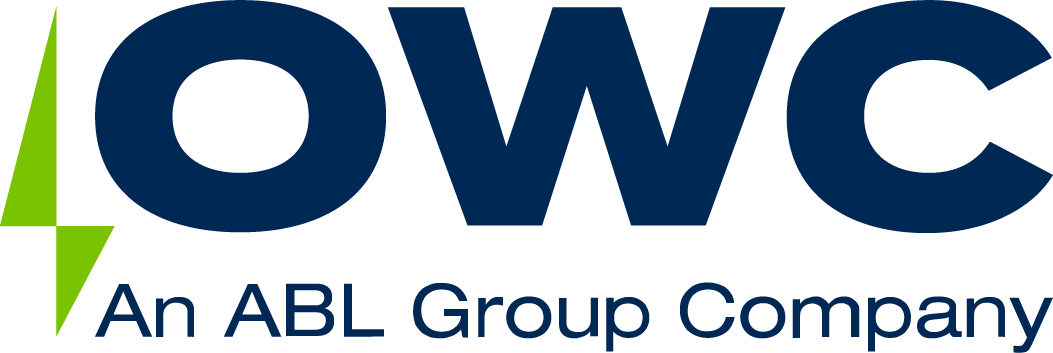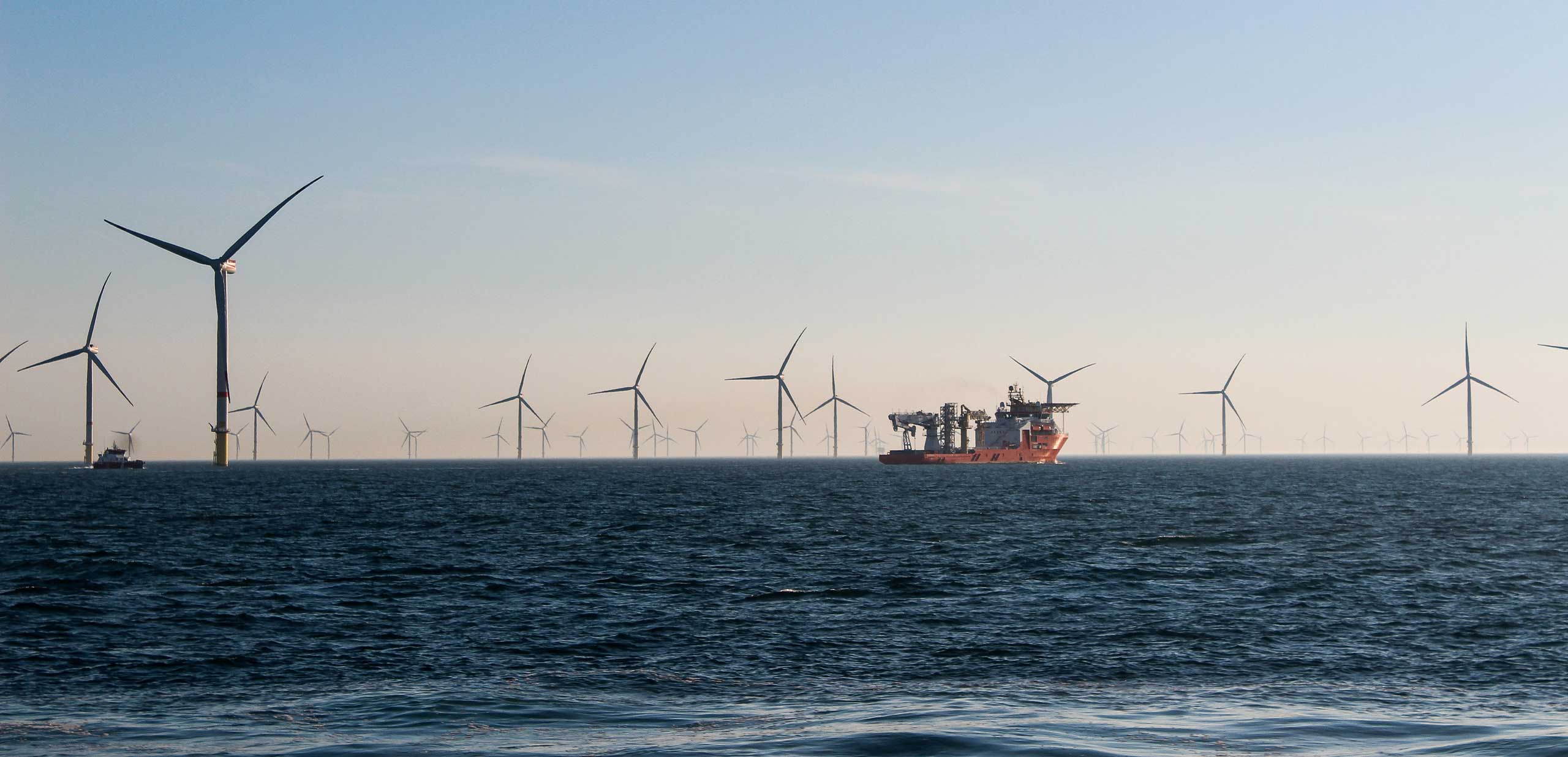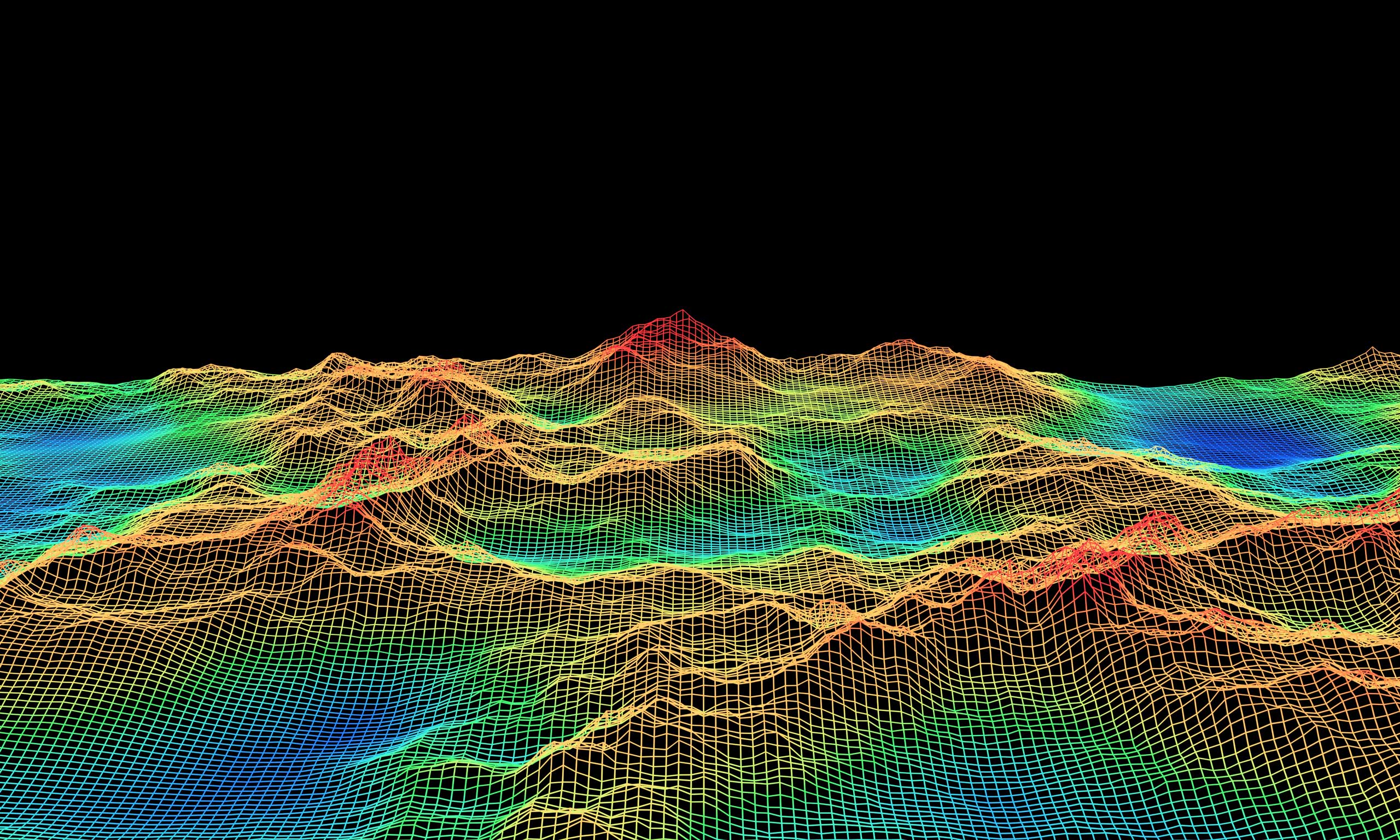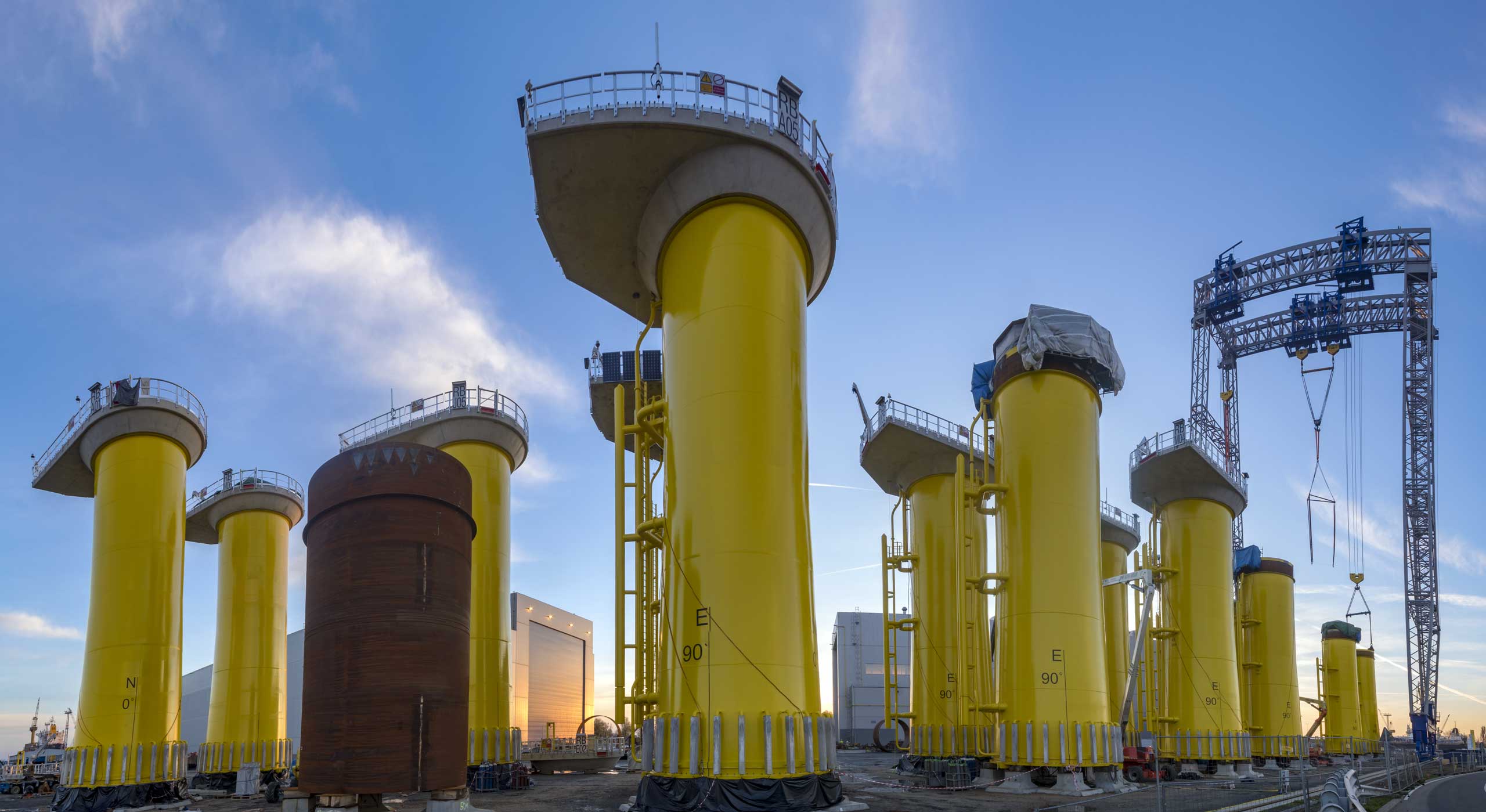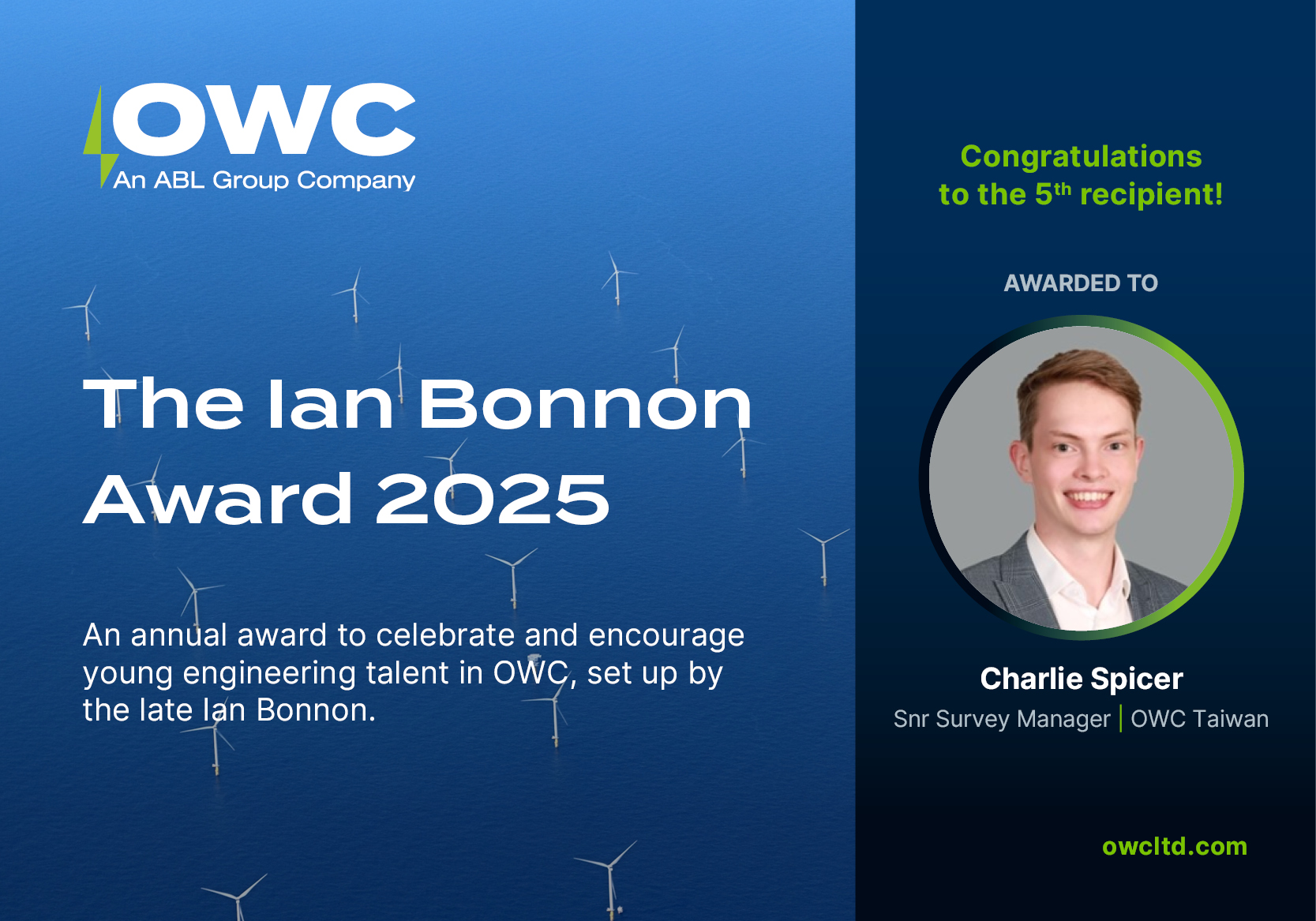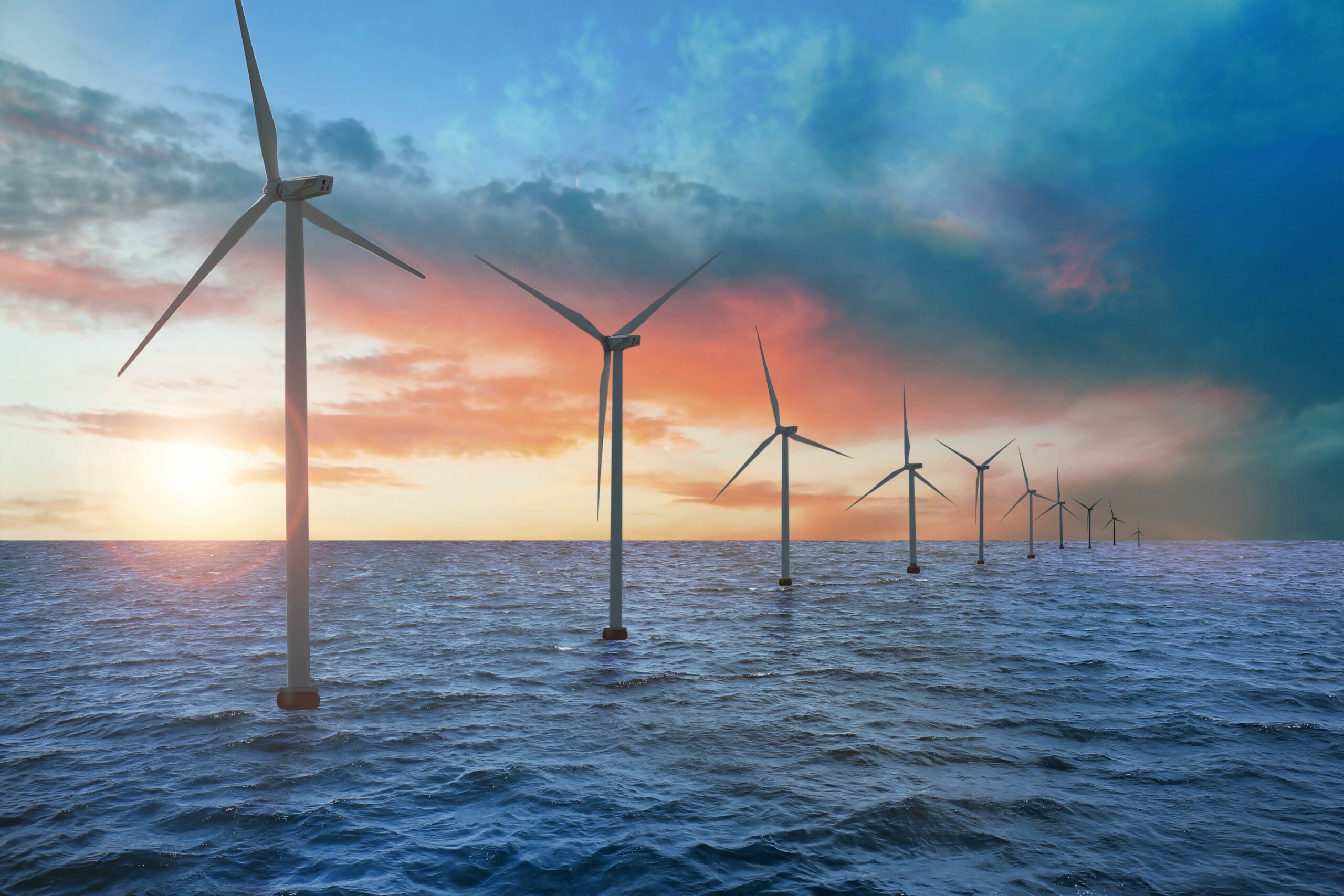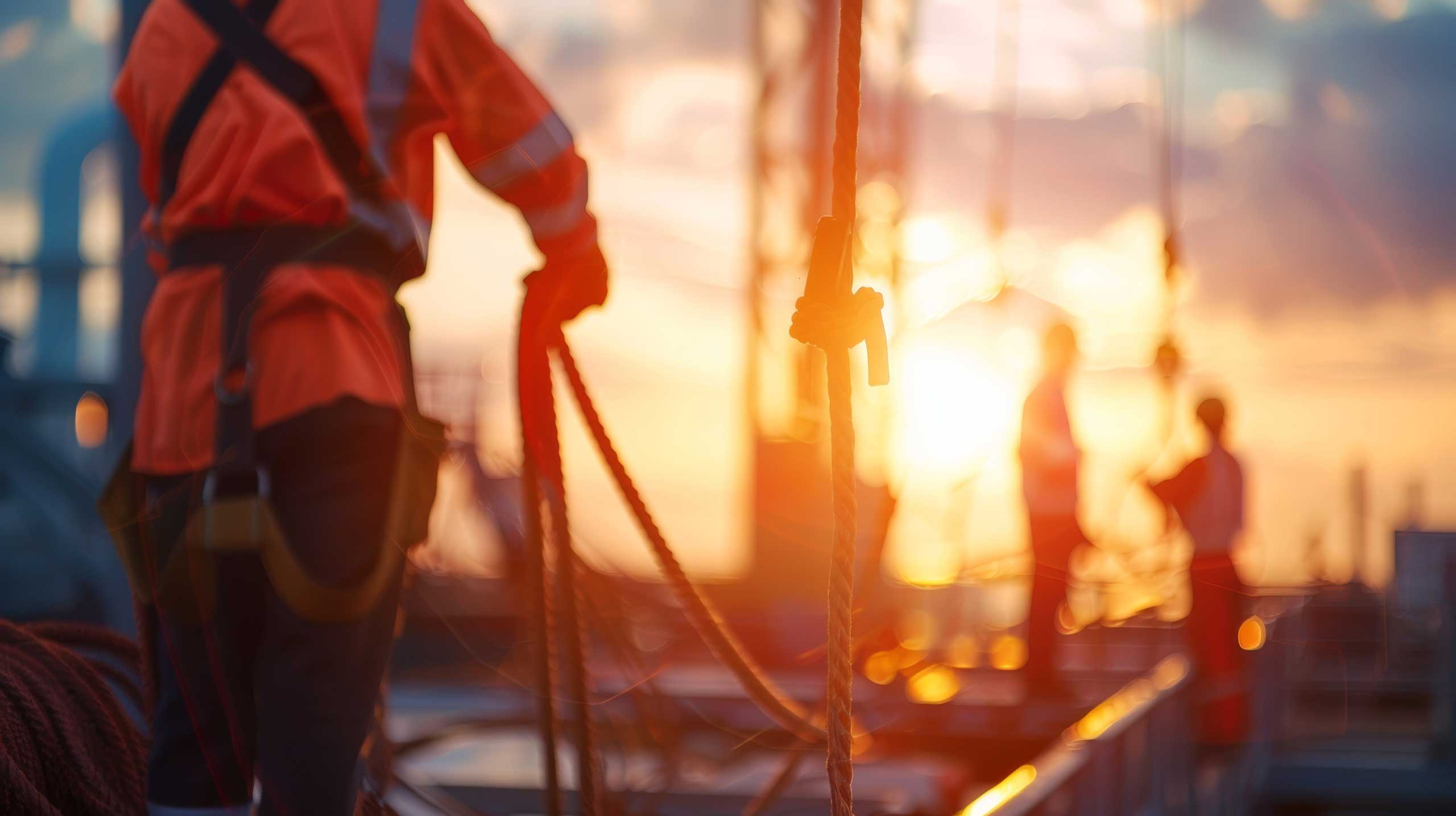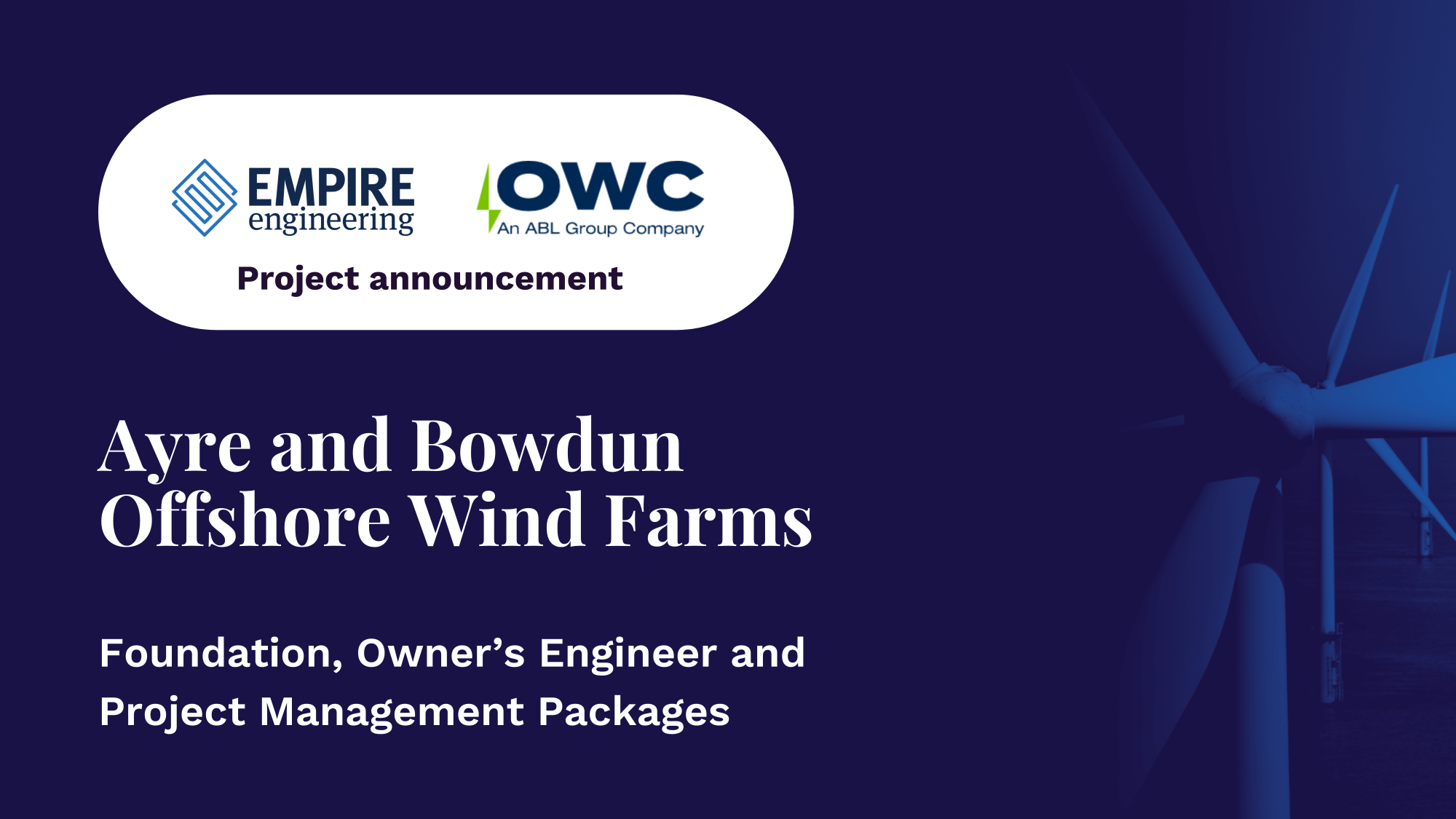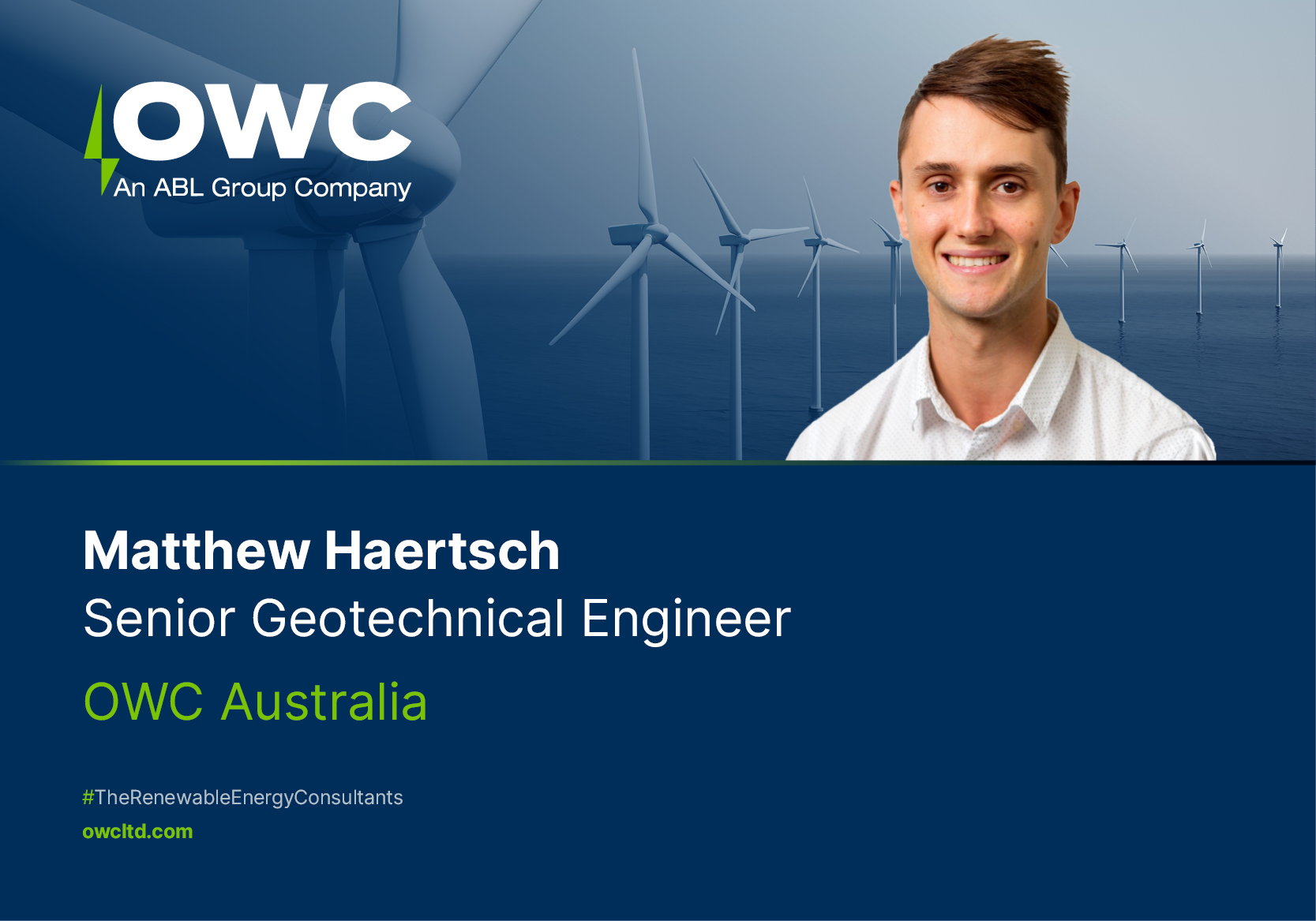Geohazard Risk Assessment
Geohazards are naturally-occurring and pose a constraint to the successful development and operation of offshore infrastructure. Consequences of a geohazard impact on a development can include increases to project costs and schedule due to equipment damage, repairs and delays, company reputational damage in the event of an unplanned incident, and, in the worst case, injury and loss of life where personnel are involved.
Therefore, it is critical that geohazards are properly investigated, analysed and mitigated where required. The geohazard risk assessment process provides a full documented and auditable process for the management of geohazards and the associated risks, which will contribute to the overall development’s project risk portfolio.
Market Challenges
As offshore wind continues to expand to new geographies, deeper waters, more hostile environments, and combined with meteorological changes impacted by global warming, the exposure to geohazards increases. Similarly, as construction continues in shallow marine waters, in proximity to large numbers of other offshore infrastructures, there are a number of common geohazards to be aware of.
Common challenges from which geohazard risk assessments can support the risk mitigation, include:
Seabed instability
Gas hydrates and pockets
Seismic activity
Scour risk
Soft sediments
Hard rock layers
Our Solutions
We assess and quantify geo-risks, bringing together expert judgement and analytical modelling. Services include:
- Qualitative geohazard risk assessment
- Quantitative geohazard risk assessment
Specialist studies, including:
- Probabilistic stability assessment (PSA)
- Probabilistic seismic hazard assessment (PSHA) and fault displacement
- Site response analysis
- Liquefaction assessment
- Seabed mobility analysis
- Scour analysis
- Consequence assessment and risk mitigation strategy development
- Gap analysis
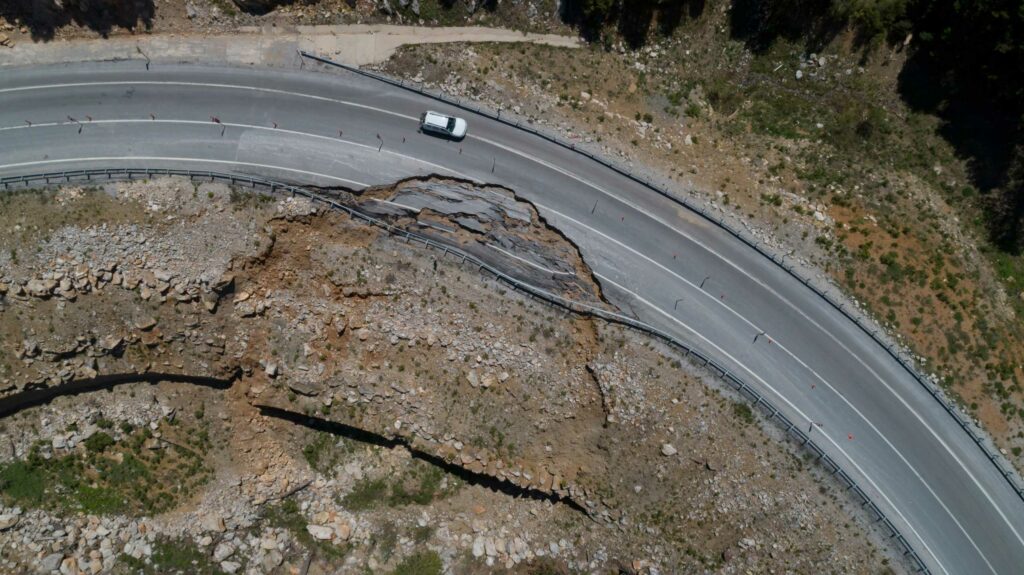
Geohazard Risk Assessment
We use Specialist Studies to quantitatively assess geo-risks for cables, pipelines and foundations, such as undertaking cable burial risk assessments for linear infrastructure and probabilistic seismic hazard assessment and site response analysis for fixed and floating offshore developments.
We model damage outcomes and assess equipment vulnerability to ensure engineering design meets international codes and standards as part of a Consequence Assessment. We manage the overall qualitative or quantitative geohazard risk assessment process, combining the understanding of geohazard likelihood and the consequence of impact on infrastructure in an overall risk score, both pre- and
post-mitigation.
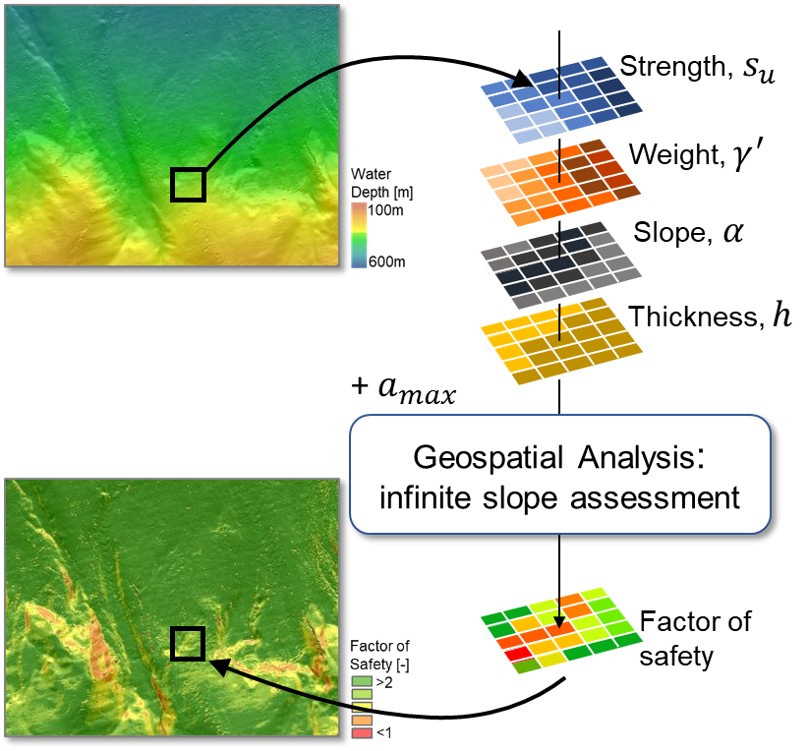
Specialist Studies
OWC manages and undertakes specialist probabilistic geo-studies, such as seismic hazard and fault displacement, working with the best specialists in industry and academia. We are experienced in procuring and managing multidisciplinary specialist studies to provide a detailed estimation of geohazard likelihood within the overall risk assessment process.
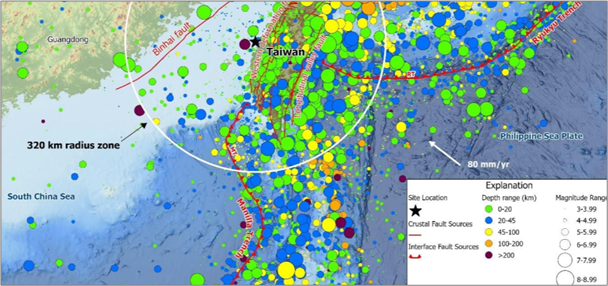
Consequence Assessment and Risk Mitigation
Likelihood of geohazard occurrence is one part of geohazard risk, and understanding the impact of any given geohazard on the planned infrastructure completes the risk equation. We use geotechnical and structural engineering analysis to undertake Consequence Assessments that are specific to the geohazard impact and the structural resilience.
These are often parametric studies, the results of which are consolidated within the overall geohazard assessment framework to predict risks. Having established a detailed understanding of geohazard likelihood and consequence, we explore and quantify possible risk mitigation strategies, which may reduce the geohazard impact likelihood, consequence, or both.
The value we bring
In-house geohazard and risk assessment expertise.
Deep market knowledge specific to onshore and offshore energy infrastructure.
Long track record of geohazard assessment for developments in deep water offshore basins and shallow marine continental shelves, globally.
